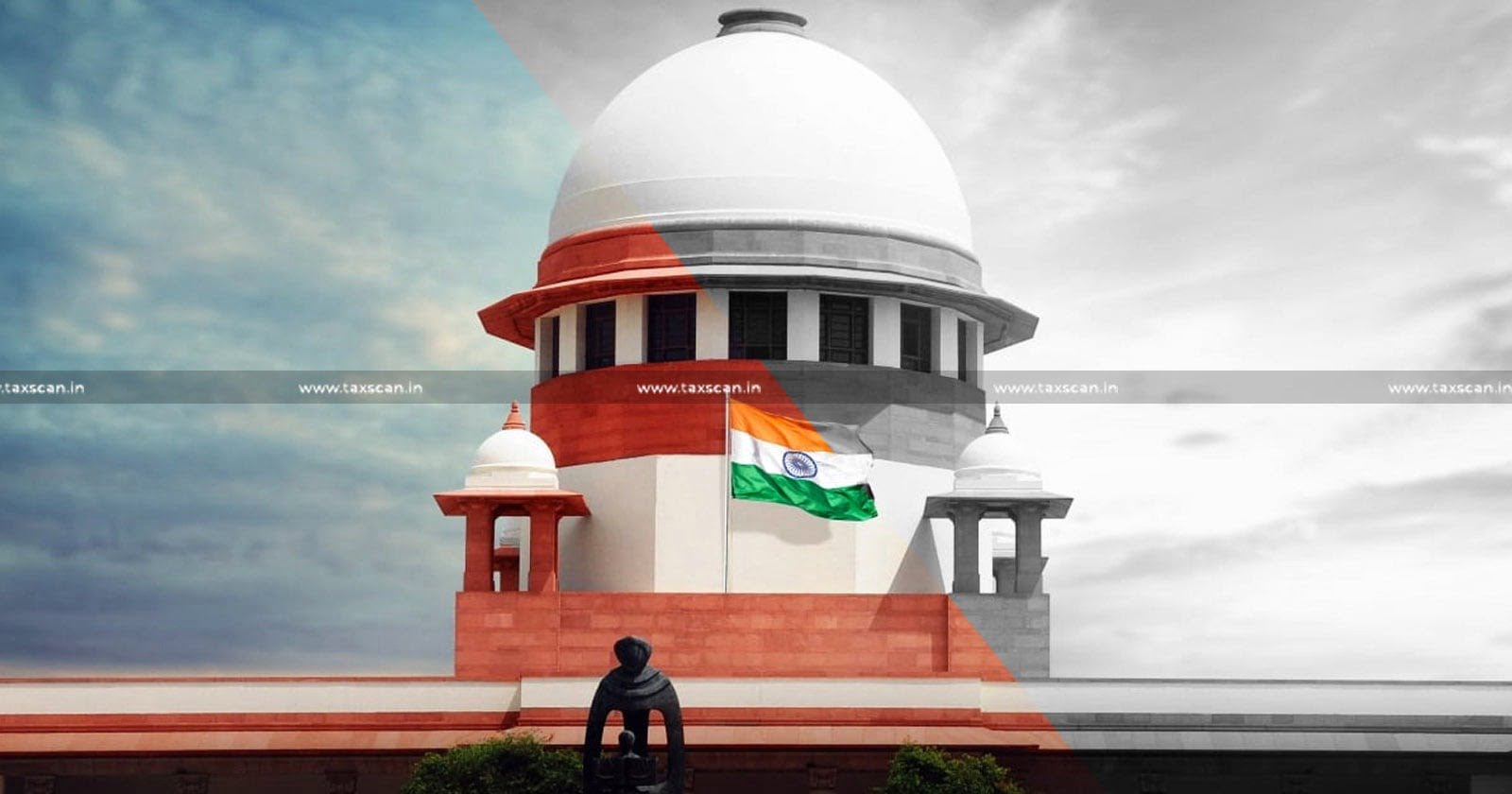Right of Default Bail u/s 167(2) of CrPC not a mere Statutory Right but a Fundamental Right: SC upholds Interim Bail order for arrest under Prevention of Corruption Act

The Supreme Court of India, in a recent judgement held that the right of default bail under Section 167(2) of the Code of Criminal Procedure, 1973 (Cr. PC)is not a mere statutory right but a fundamental right and upheld the interim bail order for arrest under the Prevention of Corruption Act, 1988.
Ritu Chhabaria, the writ petitioner sought the release of her husband on default bail. The brief fact of the case is that an FIR was lodged under Section 120(B) read with Section 420 of the Indian Penal Code, 1860 (IPC) along with Sections 7,12 of CrPC and 13(2) read with Section 13(1)(d) of the Prevention of Corruption Act, 1988, wherein the writ petitioner’s husband was not named.
Subsequently, two supplementary chargesheets were filed, wherein the writ petitioner’s husband (accused) was made a prosecution witness in the supplementary chargesheet dated 26.05.2020. Multiple other supplementary chargesheets were later filed, and the accused was not named in any of the said chargesheets.
The investigation was then transferred to another investigating officer, and the accused was then arrested by CBI and remanded to custody on 28.04.2022. The remand of the accused under Section 309(2) was renewed and continued from time to time, and he was never released on default bail. The petitioner sought to incorporate additional grounds and prayers for seeking bail in the writ petition, which was allowed by the Court and granted interim bail.
The accused’s fundamental rights are in prejudice due to continued custody on grounds of the investigation not being completed. It was argued that the provisions of the CrPC do not empower continued remand to custody beyond 60 days if the investigation is still in progress. For this, the learned counsel relied on the judgment in the case of M. Ravindran Vs. The Intelligence Officer, Directorate of Revenue Intelligence.
The relief of statutory bail under Section 167(2) of the Cr.PC is a fundamental right directly flowing from Article 21 of the Constitution of India, and the violation of such a right directly attracts consideration under Article 32 of the Constitution.
It was evident that Section 167(2) of the Cr.PC was enacted to ensure that the investigating agency completes the investigation within the prescribed time limit, failing which no accused could be detained if they are willing to avail bail.
It was viewed that during the pendency of the investigation, supplementary chargesheets were filed by the Investigation Agency just before the expiry of 60 days, to scuttle the right to default bail accrued in favour of the accused.
The Apex Court found that the Investigating Agency and the trial court failed to observe the mandate of law, and acted in a manner which was manifestly arbitrary and violative of the fundamental rights guaranteed to the accused.
The two-judge Supreme Court Bench comprising Justice Krishna Murari and Justice C T Ravikumar held that the right of default bail under Section 167(2) of the CrPC is not merely a statutory right, but a fundamental right that flows from Article 21 of the Constitution of India.
The reason for such importance being given to a seemingly insignificant procedural formality is to ensure that no accused person is subject to the unfettered and arbitrary power of the state. The Court upheld the interim order of bail passed in favour of the accused.
To Read the full text of the Order CLICK HERE
Support our journalism by subscribing to Taxscan premium. Follow us on Telegram for quick updates
RITU CHHABARIA vs UNION OF INDIA & ORS. , 2023 TAXSCAN (SC) 158

